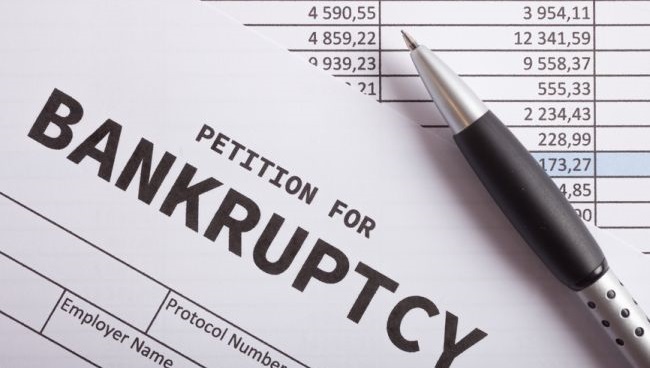For a long time words like bankruptcy and foreclosure implied the end of a secure financial future but it doesn’t need to be that way. Over the last seven or so years many Americans have fallen into debt due to extreme circumstances of long-term unemployment, student loans, upside down mortgages, short sales, and foreclosures. This has meant making the difficult decision to file bankruptcy and face the task of rebuilding their credit. Perceptions have changed about people making these decisions since it has affected such a large number of Americans during the economic downturn.
Emotional Recovery
Stop beating yourself up for getting into excessive debt. Decisions and economic circumstances got you to where you are today and nothing can change that. Rather than focusing on the past, focus on the future to create a better tomorrow for you and your family. Your credit situation can be changed much more quickly than you think. In fact, if you take the right steps after a bankrupty (including professional correction of the inevitable reporting errors), it is likely you can be above a 700 score within 2 years.
Create a Realistic Budget
Be honest about your current income and expenses. Make a list of EVERYTHING including wage garnishments, credit card balances, open collections, income, and monthly household expenses.
- Can you afford the life you have today?
- What are areas where you can downsize?
- How will you make additional income to cover your bills?
The first part of recovering from bankruptcy is to pay your bills on time. This cannot be emphasized enough; you much put as much distance as you can from your derogatory “event” with positive payment history. It may mean getting a second job or living in a less expensive home. Consider automatic bill pay so you don’t miss due dates. Whatever you do to pay bills on time will help re-establish your credit.
How to Recover After Bankruptcy
In addition to paying your bills on time, you may consider getting a secured credit card. This is a card that uses your savings as collateral for any balance owed. In other words, there is less of a risk to the creditor AND you’re paying your bill on time. The best thing is to use it for smaller expenses, such as gas, and pay it off every month. There are components of credit score that specifically look at how you have re-established credit after bankruptcy and without positive credit history after bankruptcy, your score will be repressed.
Just because accounts were discharged as part of a bankruptcy doesn’t mean they are reflected as such on your credit report – in fact there are reporting errors after nearly every bankruptcy. It is important to check your credit reports fromall three credit reporting agencies (TransUnion, Experian, and Equifax) on an annual basis. The best part is that it’s FREE. It is important to your future to have any discrepancies corrected as soon as possible.
Your credit isn’t lost forever. In fact, many people receive offers from credit card companies quickly after filing for bankruptcy (banks know you can’t file again for seven years). Don’t overextend yourself with new credit. Save for big expenses, put them on a credit card, and then pay off immediately. Leaving balances will only hurt you as you’re rebuilding your credit score.
If you’re not sure what you need to do to recover after bankruptcy or correct discrepancies on your credit report, please make an appointment with Go Clean Credit for a FREE CONSULTATION. We are experts at correction/removal of reporting errors after a bankruptcy, foreclosure, or short sale.

